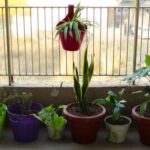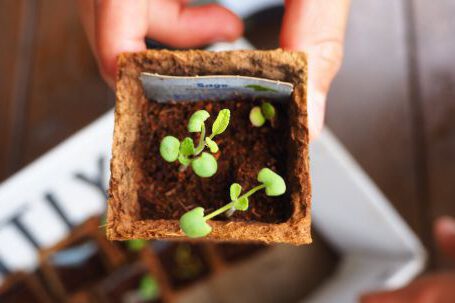Creating and maintaining a beautiful garden can be a rewarding and therapeutic experience. Whether you are an experienced gardener or a beginner, there are a few essential tips that can help you cultivate your perfect garden. From choosing the right plants to proper watering techniques, here are some valuable insights to help you create a thriving garden that will be the envy of your neighbors.
Plan Your Space
Before diving into planting, take some time to plan your garden space. Consider the size and layout of your garden, as well as the amount of sunlight it receives throughout the day. This will help you determine which plants will thrive in your garden and how to arrange them for optimal growth. Sketching out a rough plan can also be helpful in visualizing the final result and making adjustments as needed.
Choose the Right Plants
Selecting the right plants for your garden is crucial for its success. Take into account the climate and soil conditions in your area, as well as the amount of time and effort you are willing to dedicate to maintenance. Native plants are often a good choice, as they are adapted to the local environment and require less maintenance. Additionally, consider the various seasons and aim for a mix of plants that will provide year-round interest in your garden.
Prepare the Soil
Healthy soil is the foundation of a thriving garden. Before planting, it is essential to prepare the soil by removing any weeds and debris. Loosen the soil with a garden fork or tiller and incorporate organic matter, such as compost or well-rotted manure, to improve its structure and fertility. This will provide a nutrient-rich environment for your plants to grow.
Plant with Care
When it comes to planting, proper technique is essential. Dig a hole that is slightly larger than the root ball of the plant and gently place it in, making sure not to damage the roots. Fill the hole with soil, firming it gently around the plant. Water the newly planted seedlings thoroughly to ensure they establish well. It is also important to consider the spacing requirements of each plant to allow for proper growth and prevent overcrowding.
Water Wisely
Proper watering is crucial for the health and growth of your garden. Watering deeply and infrequently is generally better than frequent shallow watering. This encourages the plants to develop deep root systems, making them more resilient to drought. Consider investing in a drip irrigation system or soaker hoses, as these deliver water directly to the roots, minimizing evaporation and water waste. It is also important to water early in the morning or late in the evening to prevent excessive evaporation.
Maintain Regularly
Regular maintenance is key to keeping your garden looking its best. This includes removing weeds, deadheading flowers, and pruning plants as necessary. Weeds compete with your plants for nutrients and water, so it is important to stay on top of them. Deadheading, or removing spent flowers, encourages plants to produce more blooms. Pruning helps maintain the shape and size of your plants while promoting healthy growth.
Monitor and Protect
Keep a close eye on your garden and monitor it regularly for signs of pests or diseases. Early detection can prevent the spread of infestations and minimize damage to your plants. Consider using organic pest control methods, such as companion planting or introducing beneficial insects, to keep pests at bay. Additionally, protect your plants from extreme weather conditions, such as frost or strong winds, by covering them or providing support.
In conclusion, cultivating a perfect garden requires careful planning, appropriate plant selection, soil preparation, and regular maintenance. By following these tips, you can create a beautiful and thriving garden that will bring you joy and satisfaction for years to come. Happy gardening!





